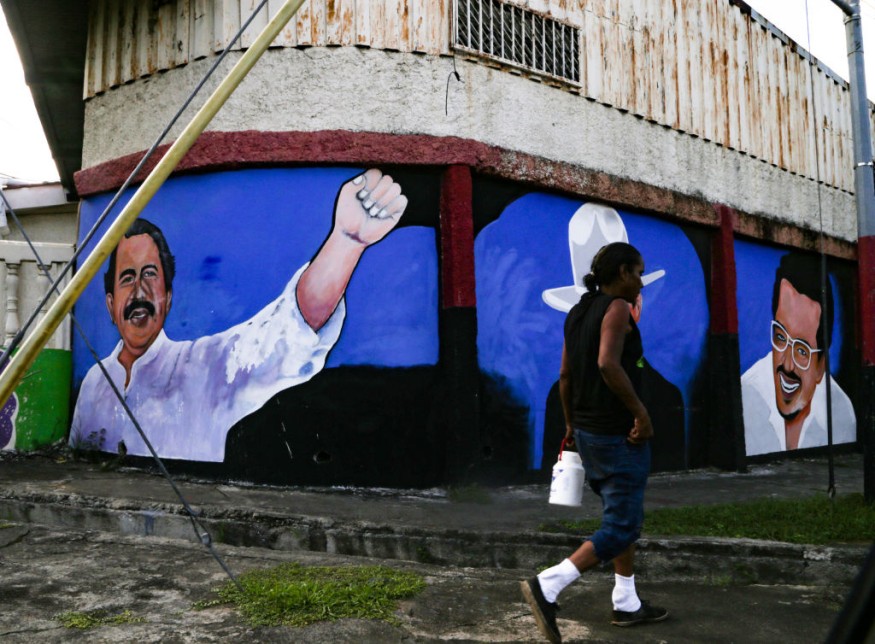U.N. Human Rights Office Condemns Siege Against Priest Protesting Police Harassment in Nicaragua

The U.N. Human Rights office has taken a stand on the siege against the priests in Nicaragua that are protesting against police harassment in the country.
Havana Times reported that Nicaragua's President Daniel Ortega's regime has intensified its harassment of and siege against Catholics in Nicaragua in recent weeks. It started last Saturday with the persecution of the parish priest of the San Juan Bautista Church in Masaya.
Harving Padilla reported that more agents of the Sandinista police and patrols closed all the entrances that led to the parish in Masaya, saying the whole block is surrounded and that there is no access to the church at all.
Ortega's police agents also closed the streets that give access to the Santo Cristo de Las Colinas Church in Managua.
READ NEXT : Russia-Ukraine War: Pres. Joe Biden Warns China's XI Jinping of 'Consequences' in Aiding Russia
Nicaragua Priest Protesting Against Police Harassment
Last week, a Roman Catholic bishop in Nicaragua started an "indefinite fast" inside a church to protest increasing police harassment. He claimed a cop followed him throughout the entire previous day.
Associated Press News noted that Rolando Alvarez, the bishop of Matagalpa, said in a video published by his diocese that police had even breached his "circle of family privacy" while he was visiting a niece.
Alvarez is also known to be a fierce critic of Ortega's government.
Ortega has accused the Catholic church priests of being part of "terrorists and coup plotters" while also blaming them for participating in his "failed overthrow."
Alvarez was one of the bishops who backed demonstrators in massive street protests that erupted in April 2018 and became a call for Ortega to step down. The Inter-American Commission on Human Rights reported that at least 355 people died in the government's repression of those protests.
Alvarez recalled that he confronted his pursuers, who told him that they were just "following orders."
The bishop said he would fast until the police informed church leaders that they would respect the privacy of his family.
Other priests reported similar incidents of harassment from police, such as the case of Padilla, who is the priest for a parish in Masaya.
In the northern city of Sebaco, Rev. Uriel Vallejos said that he was photographed and besieged by police while going around the city,
President Daniel Ortega's Government
Ortega's government has accused the Church of having sheltered in its temples demonstrators who fled or were wounded during those protests, according to a Zyri News report.
The Catholic Church in those months was a mediator at the request of Ortega himself in the rounds of dialogue that sought to put an end to the crisis. The religious leaders then came to request the early elections, which Nicaragua's president opposed.
Ortega was sworn in for his fourth consecutive term as president and is the longest-serving leader in Latin America.
BBC News stated that Ortega's critics now include many former allies, who now claimed that he has become a corrupt and authoritarian ruler.
They added that Ortega has turned his back on his revolutionary ideals and coming to resemble the dictator he fought, Anastasio Somoza.
This article is owned by Latin Post.
Written by: Mary Webber
WATCH: Nicaragua's Ortega, from revolution to dictatorship - from FRANCE 24 English
Subscribe to Latin Post!
Sign up for our free newsletter for the Latest coverage!
© 2026 Latin Post. All rights reserved. Do not reproduce without permission.














